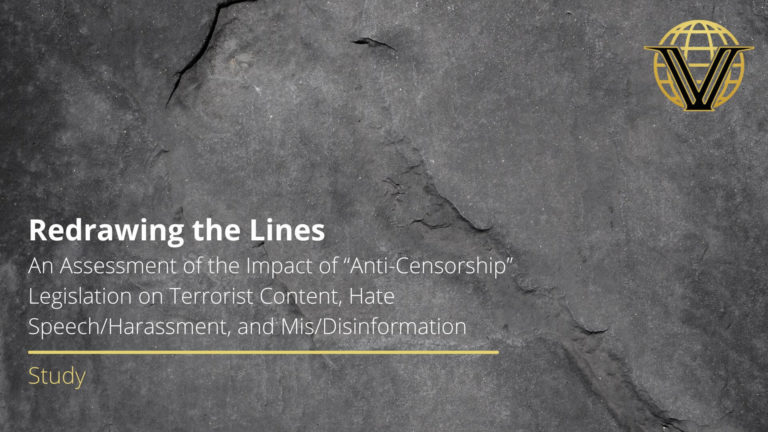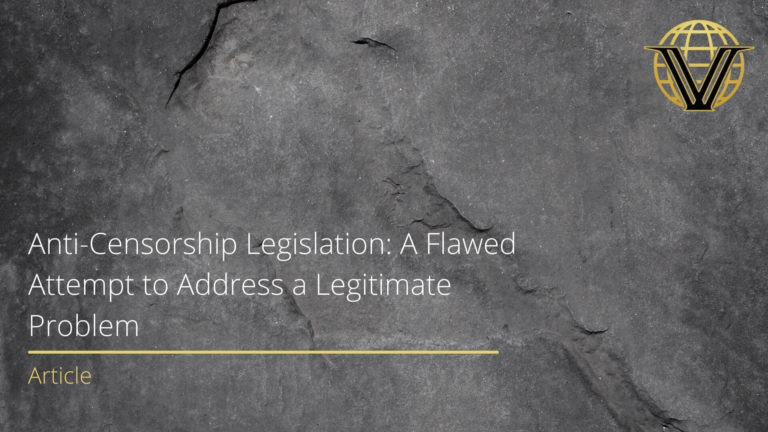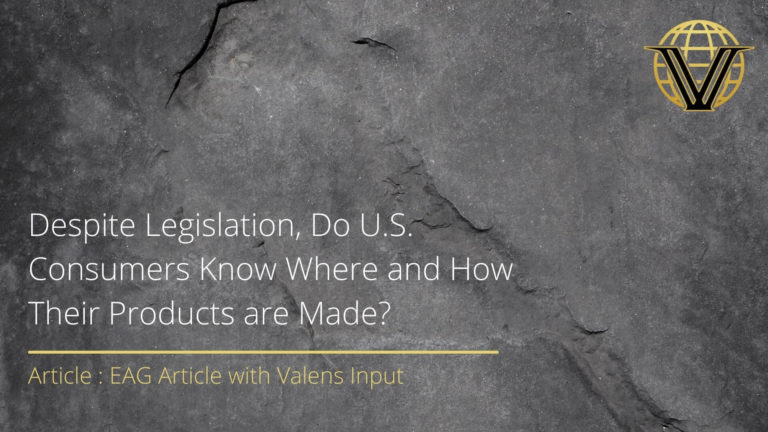Daveed Gartenstein-Ross, Colin Clarke, and Peter Chalk
International Centre for Counter-Terrorism – The Hague
Transnational criminal organisations have grown in importance on the international security stage since the end of the Cold War. One subset of these illicit cross-border enterprises that has garnered increasing attention is human smuggling networks. These groups are having a destabilising impact on weak and failed states throughout Africa—as well as on the destination countries in Europe where criminals dispatch their human cargo. An important focal point of this illicit business is Sudan, a country located at the crossroads of conflict, poverty, and criminality—a powerful elixir too tempting for human smugglers to eschew.
The existence of smuggling networks in Sudan—and the impact they have on the rule of law and on clean and transparent government—comes at a critical juncture for the country, when it is trying to present a case to be removed from US’s list of state sponsors of terrorism, and hence better integrate itself into the international community. Moreover, human smuggling organisations frequently pose significant implications for human rights, as they are not averse to “selling” clients who are unable to meet the costs of a journey into prostitution, domestic servitude, and other forms of indentured labour.
Sudan is the primary transit destination for irregular migrants from the Horn of Africa (HoA) seeking to reach Europe via North Africa and the Central Mediterranean. The country’s porous borders, entrenched corruption, and the absence of an appropriate legal framework for penalising human smuggling have combined to feed a booming irregular migrant trade that is now the cornerstone of a wider illicit industry estimated to be worth at least €6 billion a year.
There are a number of smuggling routes that criminal networks exploit to move migrants from HoA to Sudan. Eritreans mostly enter directly through Kassala State, while those coming from northern Ethiopia mainly arrive in Al Qadarif State via either the Humera or, more commonly, the Metemma border crossing.
Once in Sudan, migrants and refugees usually flock to the capital of Khartoum, but for others this is merely a transit point on the way to Northeastern Africa. The next logistical hub is either Libya or Egypt, where migrants depart for Europe by means of the Mediterranean. Sea crossings from Libya leave from a concentrated 200 km portion of the shoreline that lies closest to the Straits of Sicily and the Italian island of Lampedusa, while in Egypt, the main coastal exit points are Alexandria and Damietta.
Sudanese human smuggling is primarily organised around networks that conform to the “supermarket principle” of high volume, low cost, and mass movement. The smuggling process occurs in phases, with separate groups responsible for managing different stages of a migrant’s journey before handing off responsibility to another entity. But since 2017, a more cohesive pattern of smuggling operations has taken shape, reflected by increased resource sharing between different networks. Aspects of this integrative process have recently come under strain in Libya due to a deteriorating security situation in that country.
Social bonds play an important role in the formation and functioning of these networks, which are typically connected by ties of kinship, ethnicity, religion, and language. They also depend heavily on messaging platforms like WhatsApp and Facebook to advertise and market their services, and to disseminate information on prices and routes.
Sudanese smuggling networks have proven remarkably resilient, a testament to their general versatility in responding to state mitigation measures and changing market conditions. Their endurance also reflects high-level corruption, as well as local community buy-in.
Smuggling costs to, within, and from Sudan vary widely and have become less standardised than in previous years. Today, fees are generally structured in a manner that accounts for customers’ particular circumstances, including their nationality, the time of year they wish to travel, the smuggling route they choose, and the mode of transportation they take.
Sudanese smuggling networks offer three main payment plans. The first is what is known as a “full-package” agreement. Clients pay all costs upfront, which cover the entire journey from point of origin to the Northeast African Mediterranean coast, and in some cases even to Italy. The second is referred to as a “pay-as-you-go” offering. Customers make a cash deposit to initiate the trip, with subsequent stages covered incrementally. Lastly, there is the “leave now, pay later” arrangement. In this case, it is the smuggler who determines what costs are due and when. These latter schemes specifically target the poor and are designed to incentivise individuals into undertaking what would otherwise be an unaffordable journey. However, they also carry the most risk in terms of abuse: what may commence as a consensual agreement to provide a smuggling service too often morphs into a case of coerced victimisation and human entrapment.
The challenges posed by Sudanese human smuggling networks are compounded by their potential or actual interaction with other extremist threats and criminal enterprises. Terrorists, including members of al-Qaeda and Islamic State (ISIS), could leverage migrant flows across East Africa and northeastern Africa to covertly place cells in Europe. Moreover, irregular HoA people movements reportedly interact with other smuggling and trafficking activities in Libya, including the movement of cocaine and other narcotics shipments to Europe. Compounding matters, migrant flows to Europe directly contribute to the continent’s political polarisation, and to nativist extremist movements.
The humanitarian, governance, and security implications of Sudanese human smuggling networks are stark. Without a comprehensive approach to countering these transnational criminal organisations, migrants and refugees will continue to be abused and exploited, while criminal networks enrich themselves, and terrorist groups are afforded new opportunities to move personnel around the globe.



